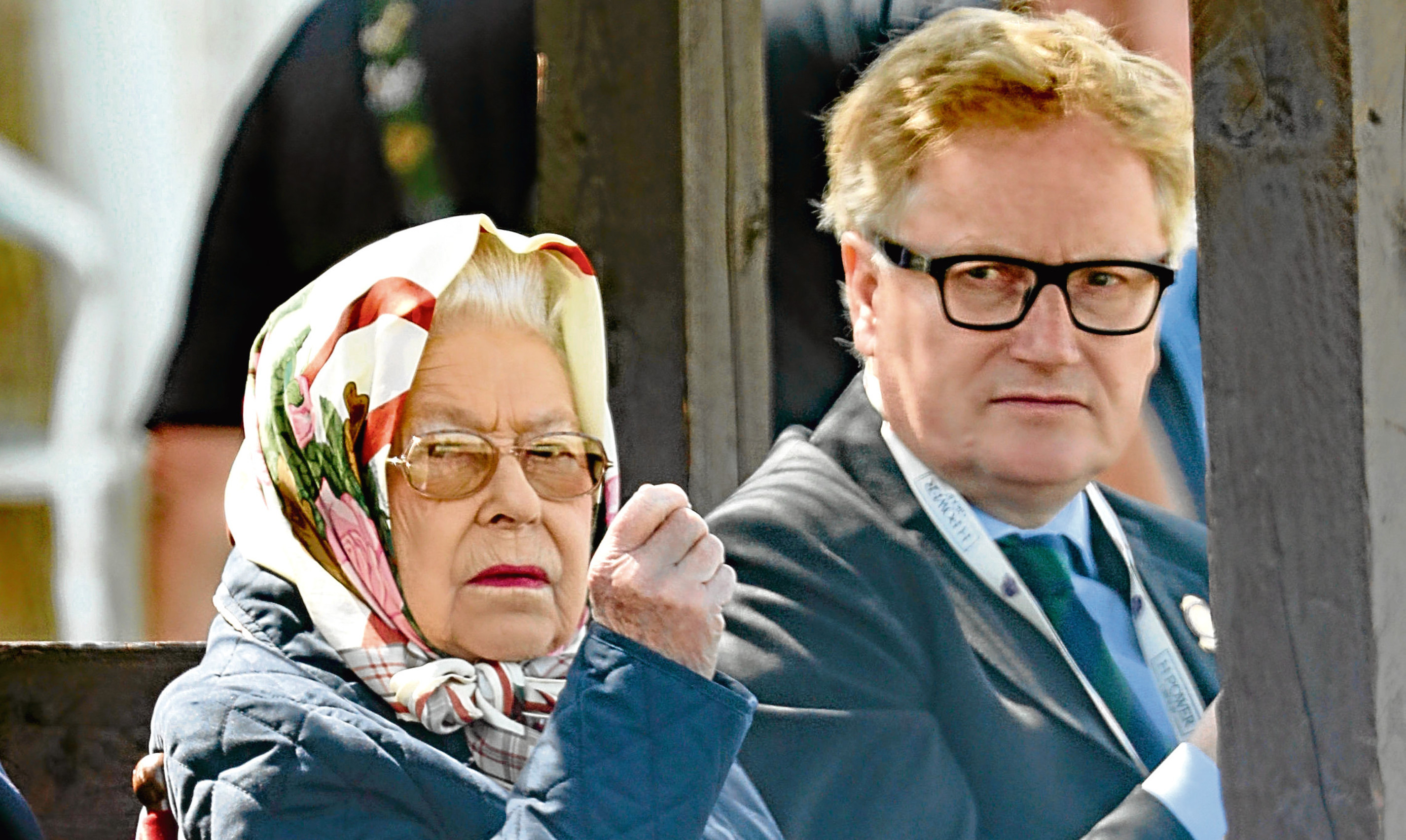Charles the third — it’s a name we need to get used to.
We don’t discuss the transition in our royal family out of a sense of taste but when you have a hereditary system for choosing the head of state, death is as important as elections are to democracies.
The retirement of Prince Philip reminds us that the reign of Elizabeth the second has been a long one and is approaching its end.
We need to discuss it because the event could be seismic in its effect on Britain.
It seems likely Charles will be crowned against the backdrop of a newly Brexited Britain with a strong movement for independence in Scotland.
It may also occur when the global economy is taking a dip — poor growth figures from China, continued uncertainty in the Eurozone, the instability of Brexit.
It may also happen against a general tide away from liberal values towards more populist and individualistic politics.
At such a moment, the loss of a head of state who everyone has grown up with will be disturbing.
Queen Elizabeth embodies post-war to the present, the journey of a nation victorious in war, which founded the welfare state and which then dipped with the “English” economic disease, only to rediscover a new sense of purpose through selling services to the world before deciding to leave the EU.
The real story of her reign is one of decline — she began with an empire which was crumbling and will leave with one in dust.
When she took the crown, Britain was in the top two world economies — now the UK is in the top seven.
To lose an empire and drop in the economic rankings are both good things – signs that the world is becoming more democratic and wealthier.
Yet they are clearly traumatic at some level to a lot of people — so much of Brexit talk is about reclaiming Britain’s “greatness”, as if it’s a bid for the past.
The Queen has been the continuity factor across all these events — the still, small voice of calm in the storm of world affairs.
Her absence will be huge — Britain may suddenly see herself as others see her, a diminished nation with a confused sense of purpose.
Charles is simply not as popular — people who tolerate royalty will now see the transition as an opportunity to discuss the wisdom of having a hereditary head of state.
Even if republicanism doesn’t succeed, it will add to the air of a nation in chaos, of a people who have lost the last common bond and are not that united.
There will be a moment when many will think — hang on, its either Charles or Theresa May in charge; that doesn’t feel either right or sensible.
The effect this has on UK unity will be profound.
It is not that people will exploit the moment for quick gain, just that the very idea of what Britain is will be in such turmoil, things will change.
If Brexit has gone badly, then further bad news will be a shock to the conservative-minded citizens.
They’ll have lost the totemic figure of old Britain and will be faced with the cracks between north and south, Scotland and England.
It may have some effect on the state of unionism in the North of Ireland and thus influence whatever the post-Brexit deal is on the island of Ireland.
For Corbynites, it will be moment to impose a new politics.
For the swathe of centrist voters who feel no real connection with either Labour, the SNP or the Tories, it will add to the sense that politics and government has lost its way.
There will, of course, be a huge reaction from the BBC and newspapers, which will plunge national debate first into silence, then accusations of going over the top, so dividing the nation into mourners and witnesses.
The death of a monarch is rehearsed — there’s nobody in the British establishment who doesn’t know what to do, what to wear or say.
But the mourning process is spontaneous and will test people’s loyalties — will the nation be happy at days of black or will it simply underline the antiquity of our state and fuel demands for change?
Ultimately, what will die with the Queen is the Britain we have all known.It simply won’t be the same without her.
And unlike the death of Princess Diana, a moment which played to Prime Minister Tony Blair’s strengths of media savvy and shared sentiment, there is no one around now who can capture the moment and reflect back the mixed emotions of the watching crowd.
We all need to rehearse what this moment will be like, to adjust and come to peace with the change, because if we leave it to the shock of the news, then it may detonate our sense of nationhood.
I think the Queen should be our last royal head of state — better to say that now than wait for the grief of others.
Long live Charles but not as King.
